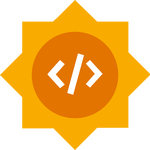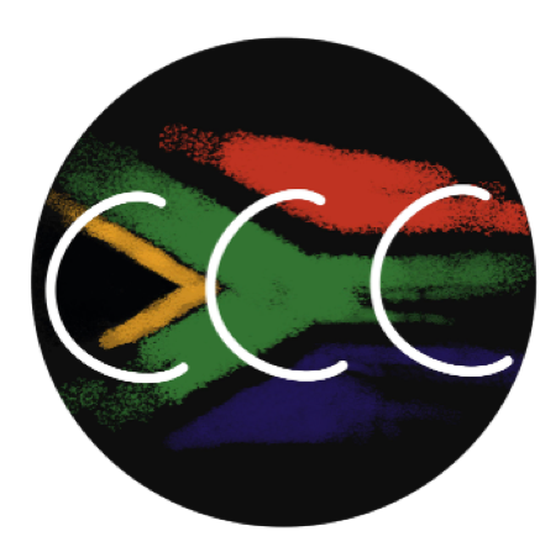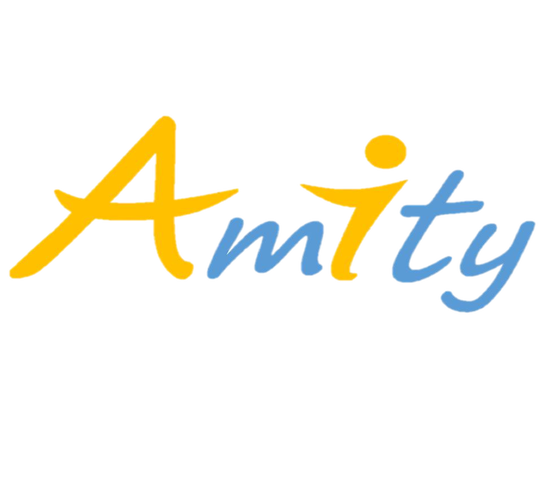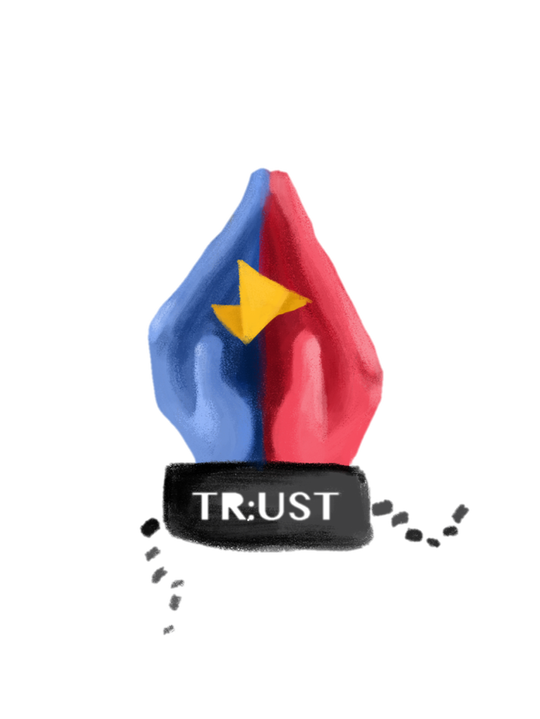Andrew Connell
Graduate Mathematician & Statistician
Lancaster University
Imperial College London
Google Summer of Code
Biography
Graduate Mathematician and Statistician with a specialism in computational statistics, wavelet methods and stochastic processes.
After completing an MSc in Statistics (Theory and Methods) at Imperial College London, I am currently undertaking a PhD in Statistics under the supervision of Professor Emma McCoy and Dr. Ed Cohen researching the application of wavelets to Hawkes Processes.
I completed my Masters thesis on identifiability of self-exciting point processes, and continued to extend this work during my PhD. My PhD included work on indentifiability constraints for Hawkes processes, wavelet estimation for locally stationary Hawkes processes, and debiased whittle estimation for binned time-varying Hawkes processes.
Furthermore, I was a Google Summer of Code open source developer working on creating and maintaining a package for R Project for Statistical Computing. This package is called changepoint.online, and alongside developing the package, I also developed new statistical methods. My research involved the creation of new changepoint detection methods which are online versions of the statistical methods PELT and ECP. I have continued to develop changepoint methods and additionally develop wavelet methods.
Interests
- Point Process Analysis
- Time Series Analysis
- Wavelet Methods
- Multivariate Statistics
- Data Science
- Signal Processing
- Computational Statistics
- Bayesian Statistics
Education
PhD Statistics, 2025
Imperial College London
MSc Statistics - Theory and Methods (Distinction), 2020
Imperial College London
BSc Mathematics with Statistics (First Class Hons), 2019
Lancaster University











